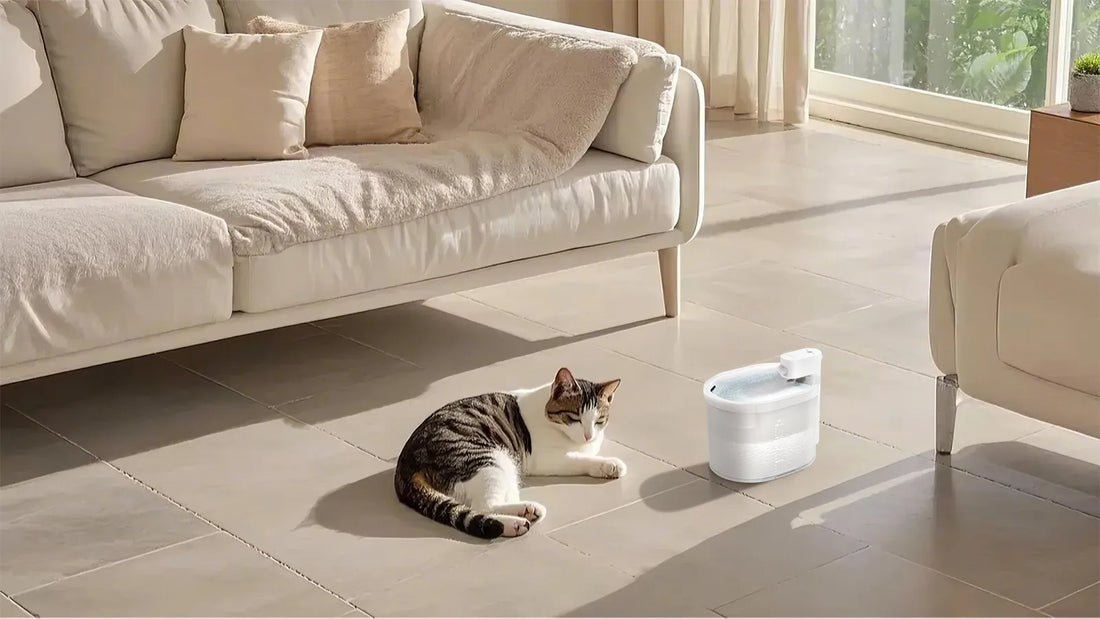Understanding Why Cats Pee in the Litter Box
Cat pee in the litter box is a common issue that many cat owners face. While it might seem like a straightforward behavior, there are several underlying reasons why your cat might be using the litter box more frequently or inappropriately. Understanding these reasons is the first step toward addressing the problem effectively.
One of the primary reasons cats pee in the litter box is simply because it's their natural instinct to do so. Cats are clean animals by nature, and they prefer to use a designated area for their bathroom needs. However, if your cat is peeing outside the litter box, it could be a sign of stress, illness, or dissatisfaction with the litter box itself.
Common Causes of Cat Pee in Litter Box Problems
There are several factors that can contribute to cat pee in litter box issues. One of the most common causes is a dirty litter box. Cats are very particular about their hygiene, and if the litter box is not cleaned regularly, they may avoid using it altogether. Make sure to scoop the litter box daily and change the litter completely at least once a week.
Another common cause is the type of litter used. Some cats are sensitive to certain types of litter, especially those with strong scents or textures. Experiment with different types of litter to see which one your cat prefers. Additionally, the size and location of the litter box can also play a role. Cats prefer a litter box that is large enough for them to move around in and located in a quiet, private area.
Health Issues Related to Cat Pee in Litter Box
If your cat is peeing more frequently or inappropriately, it could be a sign of an underlying health issue. Urinary tract infections (UTIs), bladder stones, and kidney disease are common conditions that can cause changes in a cat's urination habits. If you notice any signs of discomfort, such as straining to pee, blood in the urine, or excessive licking of the genital area, it's important to consult your veterinarian immediately.
Diabetes and hyperthyroidism are other health conditions that can lead to increased urination in cats. These conditions require prompt medical attention, so it's crucial to monitor your cat's behavior and seek veterinary care if you suspect any health issues.
Behavioral Factors Influencing Cat Pee in Litter Box
Behavioral issues can also contribute to cat pee in litter box problems. Stress and anxiety are common culprits, especially in multi-cat households or environments with frequent changes. Cats are creatures of habit, and any disruption to their routine can lead to stress-related behaviors, including inappropriate urination.
To reduce stress, try to maintain a consistent routine for your cat and provide plenty of enrichment, such as toys, scratching posts, and climbing structures. If you have multiple cats, ensure that each cat has its own litter box, plus one extra, to prevent territorial disputes.
Effective Solutions for Managing Cat Pee in Litter Box
Managing cat pee in litter box issues requires a combination of addressing the underlying causes and implementing practical solutions. Start by ensuring that the litter box is clean, accessible, and meets your cat's preferences. Experiment with different types of litter and consider the size and location of the litter box.
If health issues are suspected, consult your veterinarian for a thorough examination and appropriate treatment. For behavioral issues, focus on reducing stress and providing a stable environment for your cat. In some cases, pheromone diffusers or calming supplements can help alleviate anxiety and promote more appropriate litter box use.
Preventing Future Cat Pee in Litter Box Problems
Preventing future cat pee in litter box problems involves ongoing attention to your cat's needs and environment. Regularly clean the litter box, monitor your cat's health, and provide a stress-free environment. Pay attention to any changes in your cat's behavior and address them promptly to prevent issues from escalating.
By understanding the reasons behind cat pee in litter box problems and taking proactive steps to address them, you can ensure a clean and comfortable environment for both you and your feline friend. Remember, patience and consistency are key to successfully managing this common issue.
If you're struggling with cat pee in litter box problems, don't despair. With the right approach, you can resolve the issue and enjoy a harmonious relationship with your cat. Start by identifying the underlying cause and implementing the appropriate solutions. Your cat will thank you for it!














